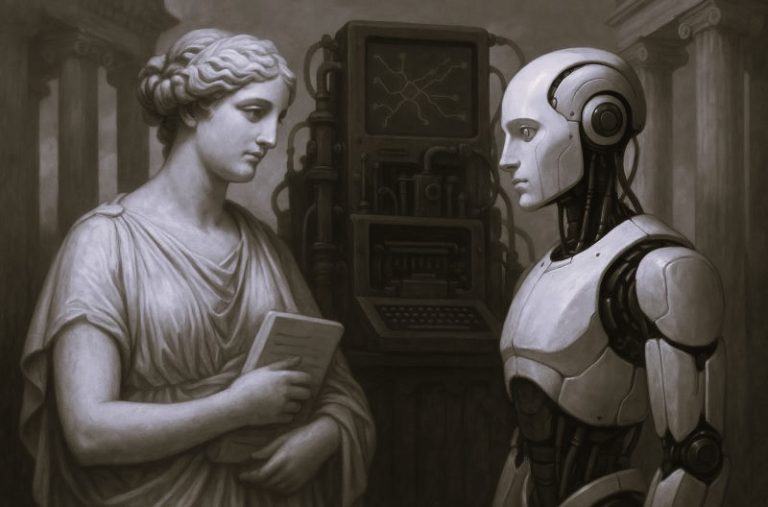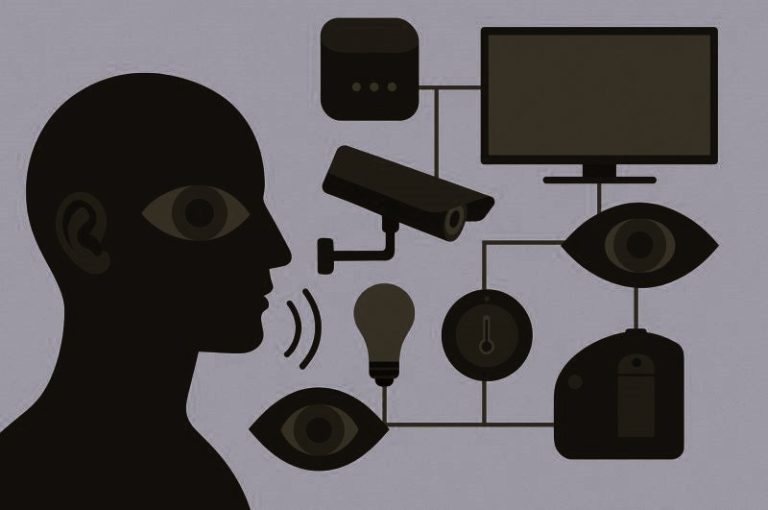
Introduction
Community radio is radio run by and for communities in local languages, often with programming focused on issues at the heart of local development, such as climate change and environmental degradation. Stories about climate and environmental change appear in documentaries, interactive talk shows and drama and music, helping communities to learn more about these impacts and share their experiences of responding to them.
Several organizations, including Nairobi work programme (NWP) partners, have been engaged in using community radio as a tool for raising awareness and conducting participative action research on climate change. There are considerable opportunities for NWP partner organizations and other relevant organizations to replicate and scale up this work.
Most initiatives linking community radio and climate change in developing countries currently focus on delivering information and messages to listeners about short and medium-term forecasts for farmers, alerts for extreme weather
events, and messaging to discourage behaviour which degrades environmental assets. While these remain important messages for communicating local climate change adaptation, community radio has the potential to do much more by strengthening community voices and providing an accessible space for knowledge sharing between communities. The sense of empowerment that people and communities can feel by engaging in this way can help to build local, institutional and organisational capacity.
The Nairobi Work Programme
Impacts, Vulnerability, and Adaptation
Established under the United Nations Framework Convention on Climate Change (UNFCCC), the objective of the NWP is to assist all Parties to the UNFCCC, in particular developing countries, including the least developed countries and small island developing States, to:
- Improve their understanding and assessment of impacts, vulnerability and adaptation to climate change; and
- Make informed decisions on practical adaptation actions and measures to respond to climate change on a sound scientific, technical and socio-economic basis, taking into account current and future climate change and variability.
The NWP is implemented by Parties and partners to the programme including intergovernmental and non-governmental organizations, the private sector, communities, and other stakeholders.
Benefits of Radio as a Knowledge Tool

- Speaking to communities in local languages using terms and phrases that are easily understood;
- Providing two-way interactive social learning through listening clubs, call-in shows, and other forms of exchange;
- Enabling the communication and exchange of knowledge between people who need it, e.g. rural farmers, in a consumable, deployable and non-threatening way;
- Communicating local knowledge, needs and demands beyond the community to inform policy, research, and other communities;
- Providing the only media available to communities that have little or no access to other methods of conveying information and knowledge;
- Bringing together people from frequently disconnected stakeholder groups such as livelihoods, community leaders, organizations and governance.
Community Radio Case Studies
Climate Airwaves (Ghana)
An exciting new community radio project is helping communities in Ghana to share valuable experiences of adaptation with other villages and towns, as well as local decision-makers. Researchers can also hear directly from these communities, giving an unprecedented picture of what women, men and children are already doing in their daily lives to adapt to a changing climate. The project is being pioneered by Ghana Community Radio Network (GCRN), AfricaAdapt,the World Association of Community Radio Broadcasters (AMARC), and the Institute of Development Studies.
Bravos do Zambeze Disaster Risk Radio (Mozambique)

Bravos do Zambeze (‘Zambezi Braves’) combines a high quality 26-episode radio drama with training for community radio journalists, to communicate information around disaster risk reduction and floods and build local capacity for reporting on disasters and climate change. Produced for the International Organisation for Migration (IOM), under the Joint Programme on Disaster Risk Reduction Project, part of the UN Delivering as One, the drama was adapted, translated, and re-released as Leões do Limpopo (Limpopo Lions) for the Limpopo Valley, accompanied by a training manual for community radios.
Krishi Radio (Bangladesh)

Krishi Radio offers a daily evening programme designed to address climate-related problems thatfarmers and fishermen commonly face, broadcasting expert advice and hosting call-in discussions on potential response options. The broadcasting is offered alongside support offered by the local agricultural department.
Originally published by the United Nations Climate Change Nairobi Work Programme to the public domain.







